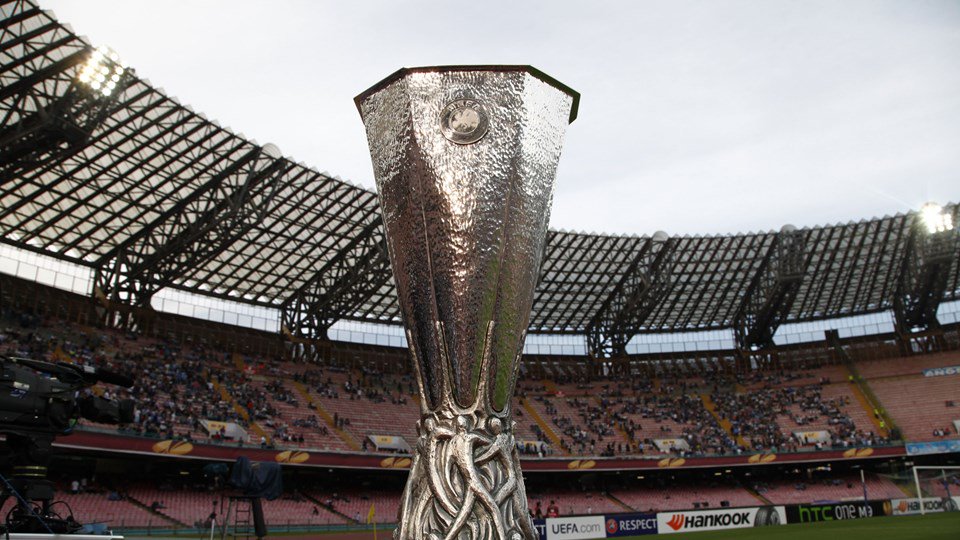![]() The wage dispute between Inter Milan and Dutch star Wesley Senijder has spiraled out of control and is starting to get nasty.
The wage dispute between Inter Milan and Dutch star Wesley Senijder has spiraled out of control and is starting to get nasty.
I wrote earlier this week about the possibility of Sneijder being sold to city rivals AC Milan in January after they told Sneijder he will not play again until he has signed a new contract agreeing to lower his current wages.
Inter Milan board member Marco Tronchetti Provera then publicly reiterated the club’s stance on the Sneijder’s contract dispute telling reporters at the Soccerexconvention in Rio de Janeiro.
“Inter have a clear policy regarding wages,” Tronchetti said. “And we need to continue on that path regardless.
To make a bad situation even worse, yesterday the Italian players’ union FIFPro released a statement urging Inter to “end blackmail behaviour,” of Sneijder.
“FIFPro wants to talk to FIFA, UEFA and the European Commission about measures to adjust the behaviour of a growing number of clubs,” read a statement from the worldwide trade union for professional footballers.
“FIFPro signals a growing number of players who are put under pressure to prolong their contract. ‘For clubs, football seems to have become more like business. Football comes in second place.’
“This is no new phenomenon. A club forces a player with a contract nearing expiry to sign a new contract. If the player refuses, the club puts him on the reserve bench or in the grandstand. This professional footballer doesn’t get a chance to play any more. Only when he has signed a new contract he can resume playing.
“The two most striking examples at the moment are Wesley Sneijder (Internazionale, Italy) and Fernando Llorente (Athletic de Bilbao, Spain).
“Sneijder’s contract runs until the middle of 2015. Inter has demanded that the Dutch international extend his contract until 2016, but then for exactly the same total salary. In other words, to work a year longer without receiving any salary for it. Sneijder refused and since then, Coach Andrea Stramaccioni has kept the playmaker outside the match selection.
“Llorente has a contract until the middle of 2013. Last summer, the Spanish international refused to sign a new contract. Since then, Coach Marcelo Bielsa has kept the striker on the bench. He has only come into action as substitute.
“Only last summer, Llorente was in the selection of the European champions Spain, while he was also one of the main players for Athletic, which reached the final of the Europa League in May.
“Sneijder and Llorente are not the only players, says FIFPro secretary general Theo van Seggelen: ‘This type of practice used to be an exception. Unfortunately, we now see clubs in all countries in Europe using this type of measure. For us, the time has come to sound the bell’, said Van Seggelen to the Dutch Volkskrant newspaper and NOS Radio.
“‘Clubs say that players must respect contracts, but why should that not apply in reverse? It is not as if Sneijder has taken a gun to the head of the board of Inter to force them to submit that contract. The club offered it to him with their full understanding.’”
Inter Milan President Massimo Moratti has denied that the club is blackmailing Sneijder into signing a new contract, saying the midfielder is not playing purely for footballing reasons.
“As far as the club is concerned, we are completely open with the player. There is no kind of blackmail,” Moratti told Italian media in New York. “If a contract is valid, it’s certainly valid to ask a person if it can be improved in some way. That doesn’t change the fact that for the time being he’s not playing for technical reasons.
“Obviously no one would want to throw away someone of his value, in who the club has invested so much. Also it would be counterproductive to pay the wages of a player and then not allow him to play. I believe he is physically and mentally able to play. It depends only on the coach’s choices.”
The only way this will get resolved is when Inter sell Sneijder in January. The big question is where will he end up?


